Listen
British politics is rather like one of those playground games of football where one match is being played lengthways and another sideways. The two regularly get tangled up, making it very hard to work out what is happening. This dynamic in politics will continue all the way to polling day because an electoral system designed for a straight two-way contest is now having to accommodate a four-way fight.
First past the post coped reasonably well with three-party politics. When a coalition was needed in 2010, the Conservatives and the Liberal Democrats could put together a comfortable working majority in the House of Commons. But four-party politics promises to be far less clear-cut. One secretary of state predicts that the support of at least three parties will be needed to guarantee a working Commons majority for the next government.
The cause of this complication is Ukip. It has succeeded in turning English politics into a four-party system; it has been in double digits in every poll since February and, privately, many Liberal Democrats accept that it will get a higher share of the vote than them at the next election. Ukip has also achieved what so many said that it would never be able to do, winning a parliamentary seat under first past the post.
Douglas Carswell’s resounding victory in Clacton means that Ukip has a representative in the Commons. A Ukip member can question the Prime Minister, put down amendments to legislation and serve on a select committee. The Greens have demonstrated that having an MP doesn’t automatically change everything for a party, but Carswell is a formidable parliamentarian: he will leave his mark. Ukip cannot be dismissed as a protest party any more.
Ukip is also defying received wisdom by making progress in the north. In Heywood and Middleton last week, it came within 600-odd votes of defeating Labour. This, until the Clacton result hours later, was Ukip’s best by-election performance. But it was also part of a broader pattern of Ukip becoming the opposition to Labour in the urban north; just look at the number of northern second places that Ukip has secured in by-elections in this parliament. Labour expects this trend to continue and those involved in planning the party’s 2015 campaign acknowledge that Ukip is becoming its major challenger in swaths of the country. Ukip in the north is stylistically quite different from Nigel Farage; no one could mistake it for a gathering of the local golf club executive. Instead, it is a protest-driven party. It campaigns nimbly on specific local issues and taps into a sense that people’s views have been ignored for decades.
Interestingly, one of those involved in running Labour’s campaign in Heywood and Middleton says that Farage’s visit in the final days of the campaign retarded Ukip’s momentum by reminding voters of the national political angle to the contest. Ukip’s high command believe it could win around 25 seats at the next election; two more than the SDP-Liberal alliance in 1983. Half a dozen feels more realistic.
However, if it triumphs in the Rochester and Strood by-election, all bets are off. Taking this seat would be far more of an achievement than Clacton, where Ukip had everything going for it. Its candidate was an incumbent MP who is so popular locally that he probably would have won regardless of which party he stood for. Also, the constituency’s demographics were perfect for Farage’s revolt of the stakeless. And, as it was a by-election, the Tories could not credibly claim that if you voted Ukip locally, you would get Labour nationally. To top it all, after seeing that Ukip was on course for a thumping victory, the Tories decided to run a low-key campaign.
Ukip does not have all of these advantages in Rochester. It is another by-election, but Mark Reckless isn’t as popular an incumbent as Carswell and is far less suited to the pressures of a by-election campaign. The seat’s social make-up is also not particularly Ukip-friendly. The Tories won’t duck this battle either. As one senior figure in Downing Street declares, ‘We have no option other than to fight it with everything we’ve got.’
Westminster Tories are hesitant about their chances but Kentish Tories are far more confident. They are convinced that Reckless is beatable. One claims that, until his defection, Reckless was best known locally for having been too drunk to take part in a Commons vote on the Budget in 2010.
If the Tories can win in Rochester, it will be a huge fillip to party morale. It will have the same effect on them that holding Eastleigh had on the Liberal Democrats, persuading the faithful that it is going to be all right on election night. It will also put the pressure back on Ed Miliband, with people questioning why, months from a general election, Labour couldn’t win in a part of the country that has traditionally swung between them and the Tories.
But whatever happens in Rochester and Strood, I suspect Ukip is here to stay. The sense of alienation from the political class that is driving support for it isn’t going to go away soon. There will be no solution to the issue of EU immigration to Britain until the EU renegotiation; and even a successful renegotiation is unlikely to result in the kind of derogation from freedom of movement that Boris Johnson says he favours. Indeed, in the short term, immigration to Britain from the Continent is likely to increase because of the return of the eurozone crisis.
Perhaps the circumstances in which Ukip would prosper most would be if Labour won in 2015. With continuing EU immigration and a Miliband government having to make significant cuts, Ukip would have a chance of breaking through in Labour’s northern heartlands. At the same time, any post-Cameron Tory leader would come under pressure to offer Ukip some kind of accommodation in an attempt to ‘reunite the right’.
A few years ago, it was possible to think that coalition — by bringing the Liberal Democrats into government — would herald a return to two-party politics. But it is now clear that we have entered an era of four-party politics. As a result, no party is likely to get more than 35 per cent of the vote next May.
Got something to add? Join the discussion and comment below.
Get 10 issues for just $10
Subscribe to The Spectator Australia today for the next 10 magazine issues, plus full online access, for just $10.
You might disagree with half of it, but you’ll enjoy reading all of it. Try your first month for free, then just $2 a week for the remainder of your first year.


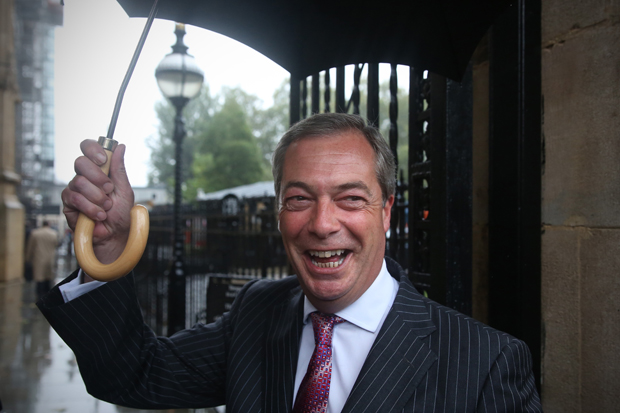

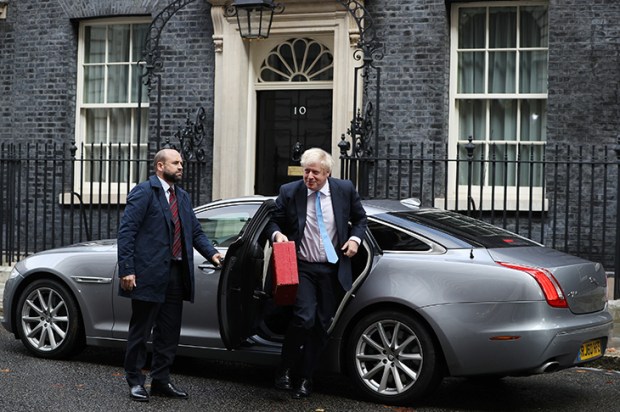
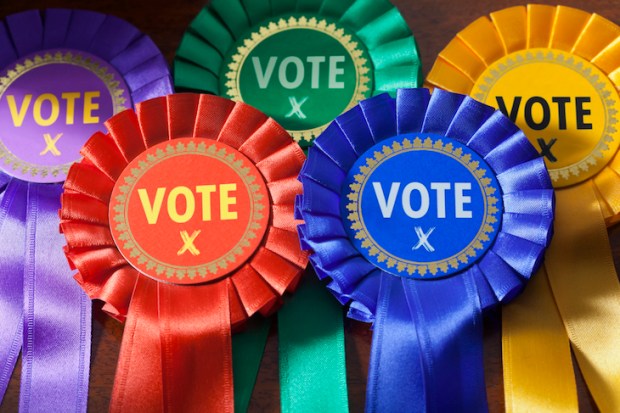

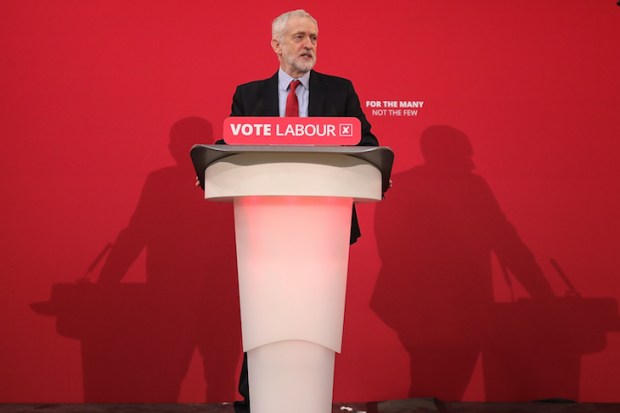
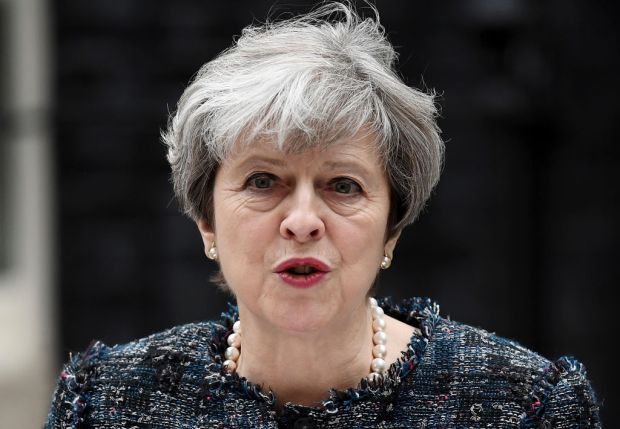






Comments
Don't miss out
Join the conversation with other Spectator Australia readers. Subscribe to leave a comment.
SUBSCRIBEAlready a subscriber? Log in